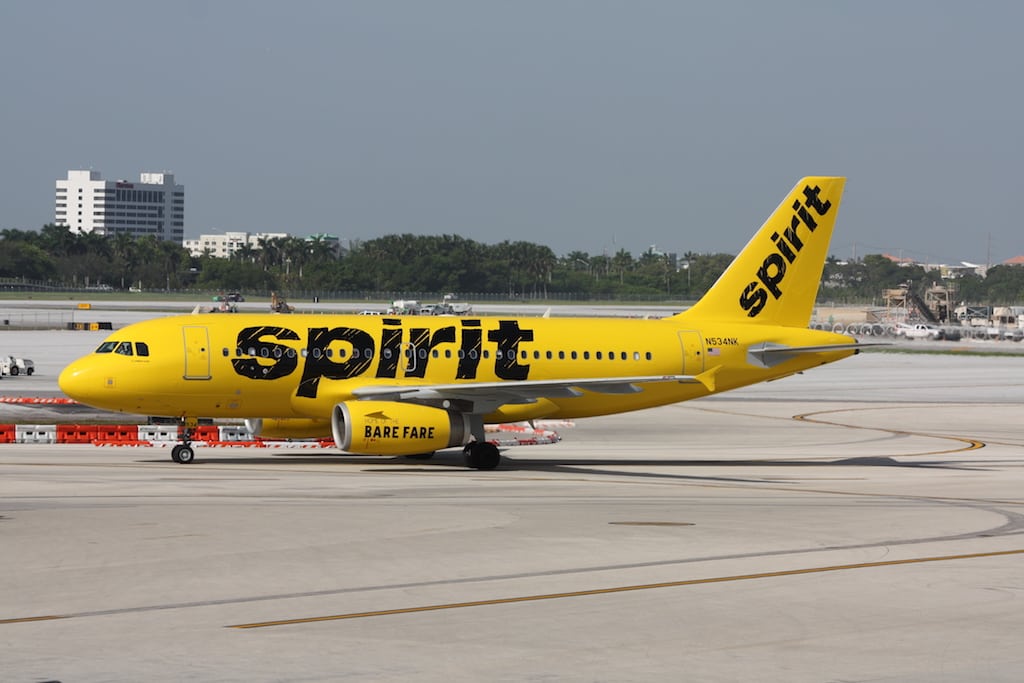Spirit Air's New CEO Wants to Emulate Ryanair's Profitable Attitude Adjustment

Skift Take
The Spirit CEO's vision is for low fares on cramped planes that are clean and run on time. These sort of changes are heavy-lifting for a growing airline and would muffle some complaints but might not be enough to really change the airline's reputation.
Similar to what Ryanair did in 2014, when it tried to ditch its gruff relations with passengers, Spirit Airlines' new CEO wants to give its operational performance and reputation a makeover given a torrent of consumer complaints.
Bob Fornaro, the former AirTran CEO and Spirit board member who took over for ex-CEO Ben Baldanza in January, vowed that Spirit will focus on on-time performance, which stood at around 74.5 percent in the fourth quarter, the ability to recover better from disruptions, cleaner planes and friendlier service.
"Reputation does matter," Fornaro said during the airline's fourth quarter and full-year ear

